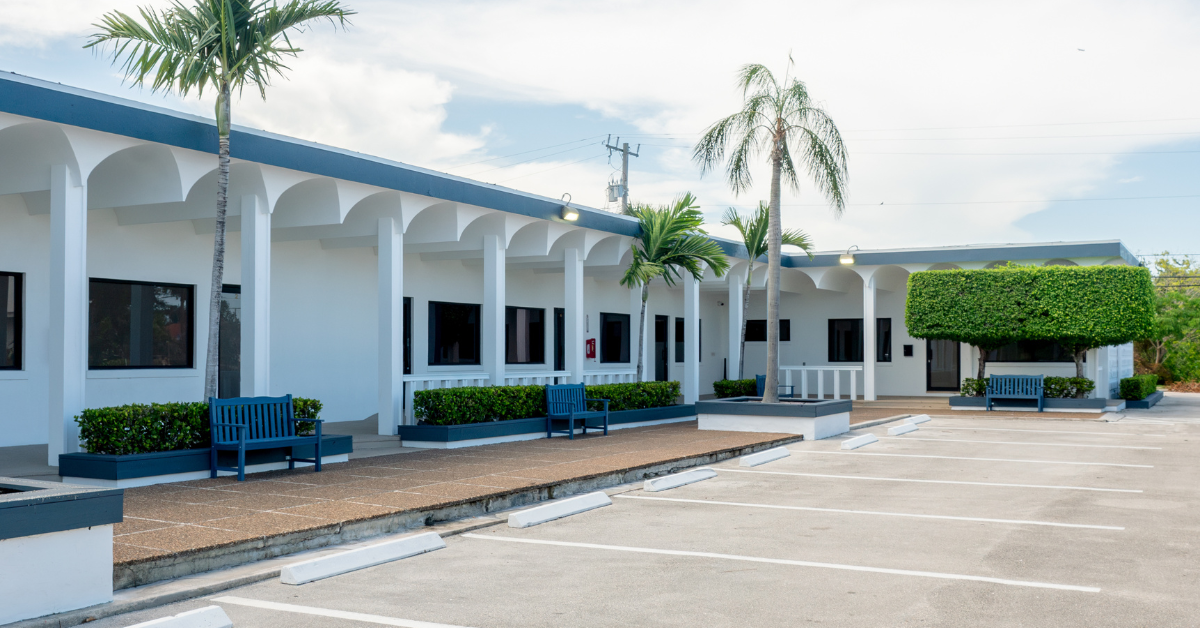Outpatient addiction treatment is a flexible and accessible form of substance abuse care that allows individuals to receive professional help while maintaining their daily responsibilities such as work, school, or family obligations. In contrast to, inpatient or residential programs, which require patients to live at a treatment facility for a set period. Outpatient programs offer a range of therapeutic services, including counseling, behavioral therapy, medication management, and support groups, delivered in a non-residential setting.
Key Components of Outpatient Addiction Treatment
1. Assessment and Individualized Treatment Planning
The clinical assessment and individualized treatment planning process is a foundational step in outpatient treatment. Designed to create a comprehensive understanding of the individual beyond their substance use. This is an opportunity to explore patterns of use, personal history, mental health, medical concerns, social support, and strengths. It is a collaborative process. The individual’s voice and lived experience are central to developing a treatment plan that is both clinically sound and meaningful. The goal is to ensure that care is evidence-based and responsive to the person’s specific needs, circumstances, and goals. By starting from a place of attunement and respect, we lay the groundwork for a therapeutic alliance that supports lasting recovery.
2. Therapeutic Services
Treatment planning in outpatient addiction care incorporates a range of evidence-based modalities. The modalities are tailored to meet the individual’s unique needs and clinical presentation. These may include individual therapy, group therapy, psychoeducation, cognitive-behavioral interventions, motivational interviewing, and trauma-informed approaches. Medication-assisted treatment (MAT) are included if clinically appropriate. In addition to therapeutic services, case management plays a critical role in addressing social determinants of health. These challenges include housing, employment, transportation, and access to medical or psychiatric care that can impact recovery outcomes. Through ongoing collaboration, the treatment team works with the patient to adjust the plan as needed. This ensures that services remain aligned with their goals, progress, and emerging needs over time. Most outpatient programs include a mix of:
- Individual Counseling: One-on-one sessions with a therapist to explore the root causes of addiction and develop coping strategies.
- Group Therapy: Peer-based sessions that provide mutual support, reduce isolation, and encourage accountability.
- Family Therapy: Helps repair relationships and educates family members about addiction and recovery.
- Behavioral Therapies: Techniques like Cognitive Behavioral Therapy (CBT) and Dialectical Behavior Therapy (DBT) change harmful thoughts, manage emotions, and build skills for lasting recovery.
3. Medication-Assisted Treatment (MAT)
For those with opioid or alcohol use disorders, MAT is an option. This involves the use of FDA-approved medications like buprenorphine, methadone, or naltrexone, combined with counseling and behavioral therapies.
4. Education and Relapse Prevention
Education and relapse prevention are core elements of outpatient addiction treatment. This equips individuals with the knowledge and tools necessary to understand their substance use and maintain sobriety. Through structured sessions, patients learn about the nature of addiction, the impact on the brain and body, and the psychological and social factors that contribute to relapse. Relapse prevention focuses on identifying triggers, developing healthy coping strategies, and building a support system to manage high-risk situations. By increasing insight and promoting practical skill-building, this component fosters greater self-awareness, confidence, and resilience in the face of challenges.
5. Continuing Care and Aftercare Planning
Continuing care and aftercare planning are essential components of sustained recovery from substance use disorders. As individuals transition out of structured outpatient treatment, ongoing support helps bridge the gap between clinical care and independent living. This phase may include ongoing individual or group therapy, peer support groups like 12-Step or SMART Recovery, relapse prevention planning, medication management, and connections to community resources. Effective aftercare is personalized and adaptive, addressing the individual’s evolving needs while reinforcing accountability, stability, and connection. By proactively planning for life after treatment, clients are better equipped to navigate challenges and maintain long-term recovery.
Types of Outpatient Programs
Outpatient treatment is not one-size-fits-all. It spans various levels of intensity:
1. Standard Outpatient Program (OP)
These programs typically involve 1–3 sessions per week and are best suited for individuals with mild substance use disorders or those stepping down from more intensive care.
2. Intensive Outpatient Program (IOP)
IOPs provide a higher level of care with 3–5 sessions per week, usually lasting 3 hours each. They offer more structure and support than standard OPs and are suitable for those with moderate addiction severity.
3. Partial Hospitalization Program (PHP)
PHPs are the most intensive outpatient option, often involving full-day treatment (5–6 hours per day, 5 days a week). These programs are ideal for individuals who need a high level of care but do not require 24/7 supervision.
Who Is Outpatient Treatment Best For?
Outpatient treatment can be highly effective, especially for:
- Individuals with strong support systems at home.
- Those with work, school, or family obligations that cannot be put on hold.
- People transitioning from inpatient rehab who need ongoing care.
- Individuals motivated to recover but with mild to moderate addiction symptoms.
Benefits of Outpatient Addiction Treatment
- Flexibility: Patients can maintain their personal and professional lives.
- Affordability: Generally less expensive than residential treatment.
- Continuity: Encourages real-world application of recovery tools.
- Community Support: Encourages engagement in local recovery communities like AA or SMART Recovery.
Potential Challenges
- Less Supervision: Higher risk of encountering triggers or relapsing without the safety net of a residential setting.
- Requires Commitment: Success depends on the individual’s motivation and ability to attend sessions regularly.
- Not Always Sufficient Alone: Severe addiction cases may require detox or inpatient stabilization first.
Outpatient Addiction Treatment at Milton Recovery Centers
Outpatient addiction treatment is a vital part of the continuum of care for substance use disorders. It empowers individuals to pursue recovery in a way that integrates with their daily lives, offering professional support, education, and tools for sustainable sobriety. Whether as a starting point or step-down from more intensive care, outpatient treatment offers hope and healing to those committed to overcoming addiction. If you or your loved one are looking for treatment options reach out to our admissions team at any time.




